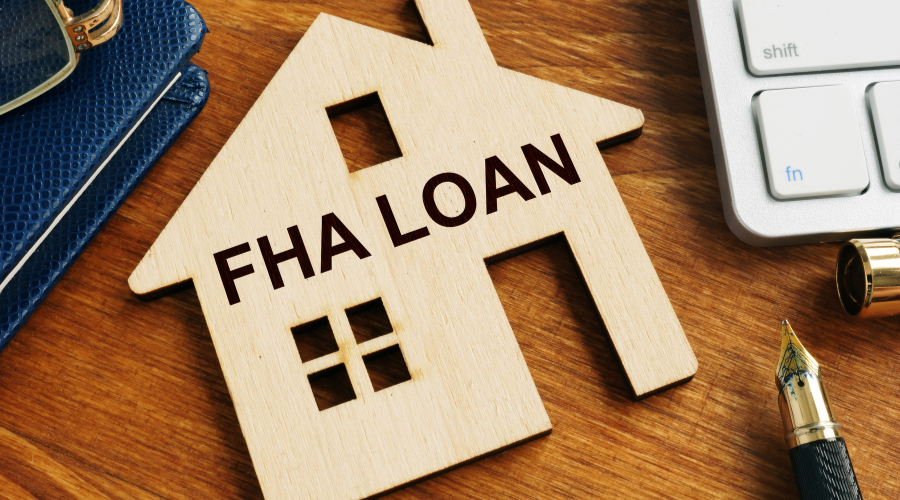When it comes to financing a home purchase, there are many options available to buyers. One such option is an FHA loan, which is a government-backed mortgage program that offers more lenient requirements for credit scores, down payments, and debt-to-income ratios. In this article, we’ll take a closer look at FHA loans, including the pros and cons, and how to determine if they’re right for you.
One of the biggest advantages of an FHA loan is that it can make homeownership more attainable for those with lower credit scores or limited financial resources. The program offers more lenient credit score requirements, typically allowing borrowers with scores as low as 580 to qualify. Additionally, the down payment requirement is only 3.5% of the home’s purchase price, which can be a significant advantage for first-time homebuyers who may not have a large amount of savings.
However, there are also some downsides to consider. One of the disadvantages of an FHA loan is it requires borrowers to pay for mortgage insurance premiums (MIP), which can add up over time. The MIP is typically 0.55% of the loan amount per year, and is paid as a part of your monthly mortgage payment. Though an extra added expense this was recently reduced by 35% so it is not as bad as what it was.
Another factor to consider is that FHA loans have limits on how much you can borrow, based on where you live. In some areas, the maximum loan amount is as high as $822,375, while in others it may be lower. This means that if you’re looking to buy a more expensive home, an FHA loan may not be the right choice for you.
However, if you have good credit, an FHA loan can still be a good choice. With a higher credit score, you may be eligible for a lower interest rate, which can save you money over the life of the loan. Additionally, if you have a higher down payment, you may be able to avoid the MIP requirement altogether, which can save you thousands of dollars over the long term.
Ultimately, the decision to choose an FHA loan comes down to your individual circumstances. If you’re a first-time homebuyer or have limited financial resources, an FHA loan can be a great option. However, if you’re looking to buy a more expensive home or have a higher credit score, you may want to consider a conventional loan instead.
To determine if an FHA loan is right for you, it’s important to do your research and speak with a mortgage specialist. They can help you understand the pros and cons of the program, and whether it’s the best choice for your individual situation.
In summary, an FHA loan can be a great option for those with lower credit scores or limited financial resources. However, there are some downsides to consider, such as the requirement for mortgage insurance premiums and borrowing limits. By doing your research and considering all of your options, you can make an informed decision and achieve your dream of homeownership.








